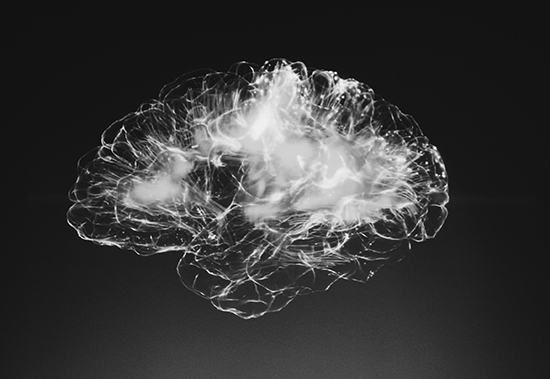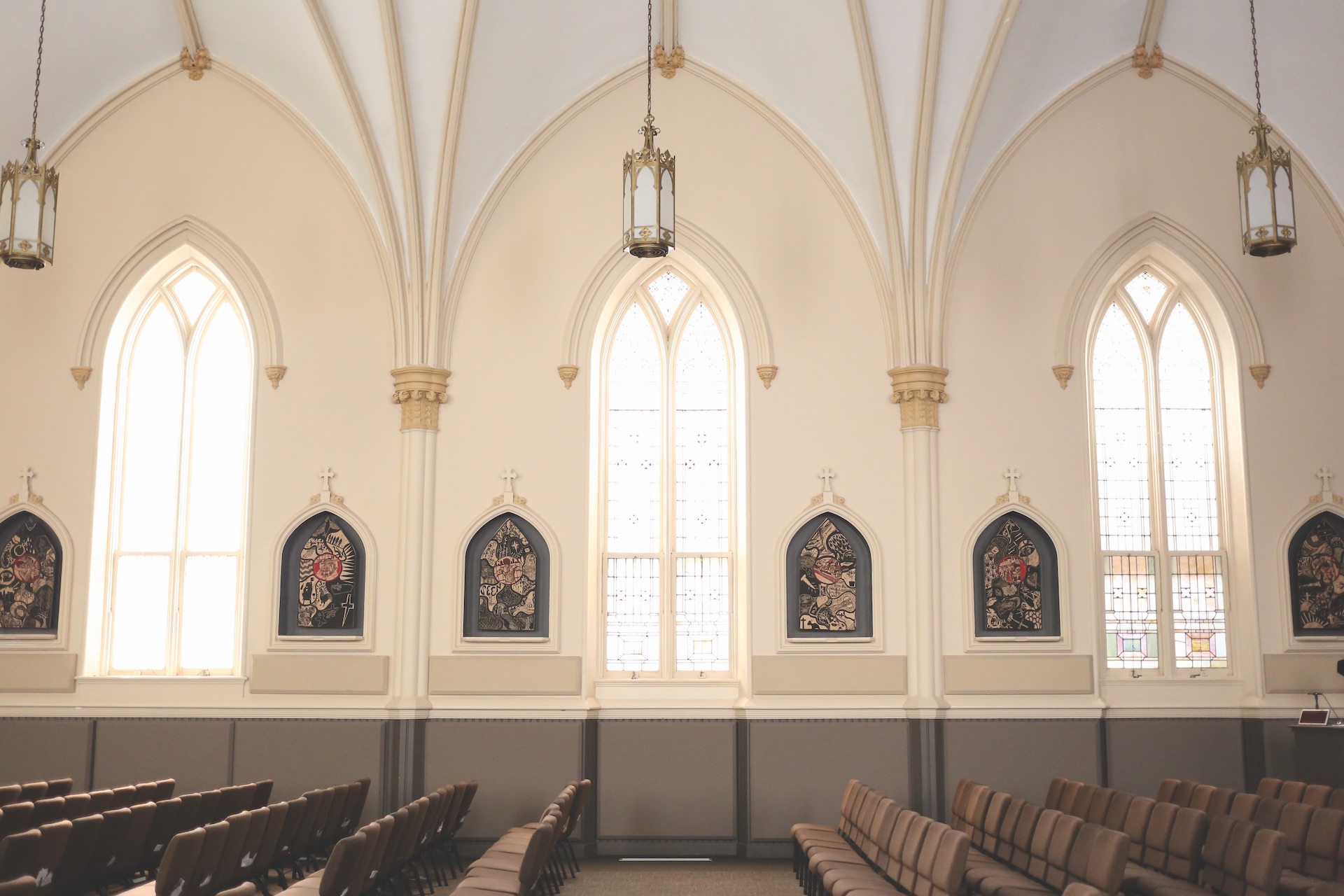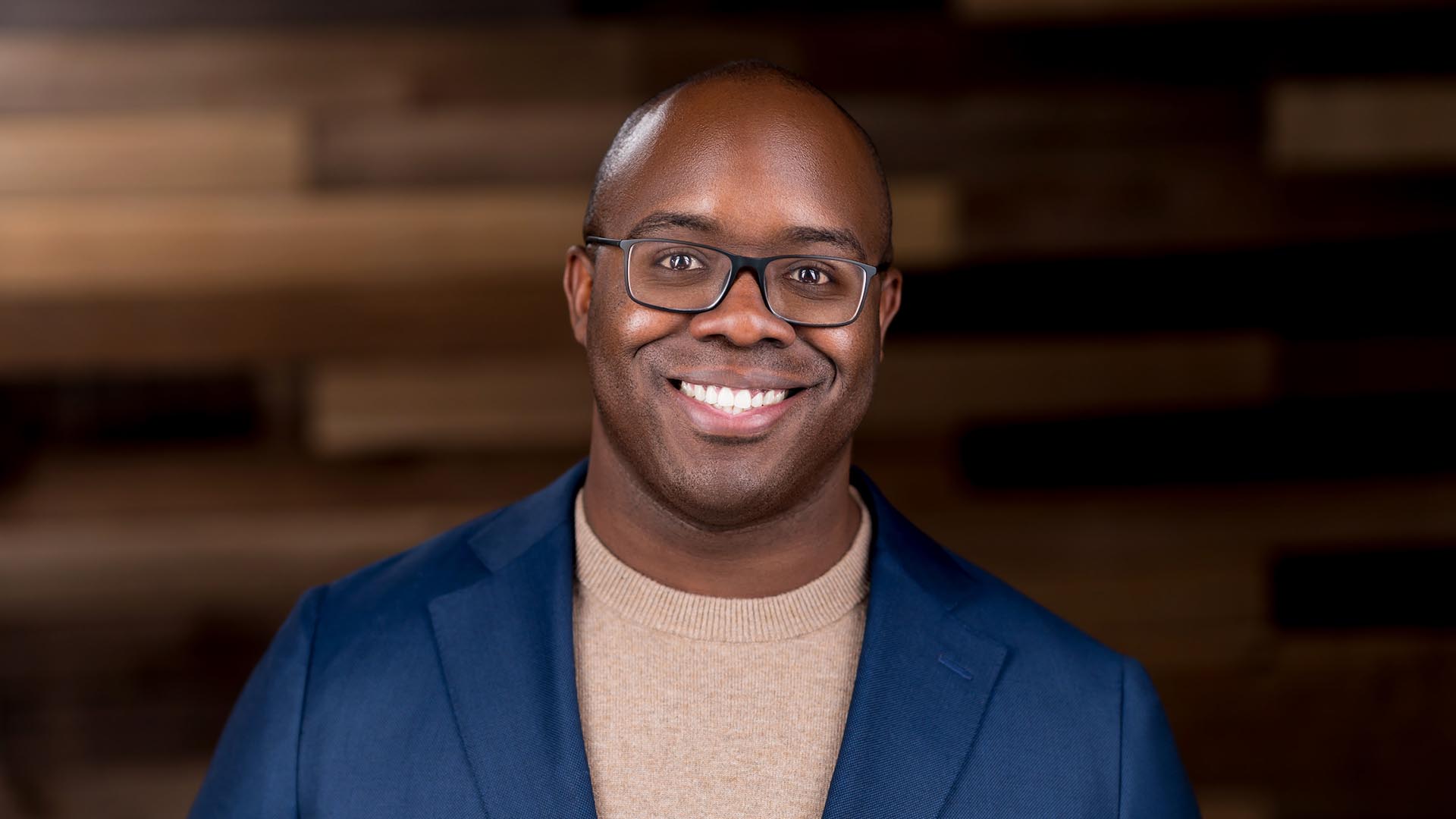Doug McKelvey chooses his words carefully.
If you’ve spent more than 30 seconds with one of his liturgies in his book, Every Moment Holy, you know this to be true. Every phrase and punctuation mark feels intentional, as if shaped on a potter’s wheel.
Every Moment Holy continues to exceed expectations, selling more than 50,000 copies and brought to life through an incredible crowdfunding effort.
Covering topics like stargazing, paying bills, moving into a new home, and morning coffee, McKelvey’s liturgies — short poetic-type prayers aimed to guide moments of worship — bring a spiritual weightiness to the oft-overlooked areas of everyday life. They illuminate interconnectedness between heaven and earth in a newfound way.
The Road to Writing
After growing up in east Texas, McKelvey moved to Nashville in 1991, before the glitz and glam of the “It City” took over. He moved there at the request of Grammy-winning producer Charlie Peacock (Ben Rector, The Lone Bellow, and The Civil Wars) to participate in the early beginnings of the Art House Foundation.
Peacock saw things McKelvey had written and asked if he wanted to try a song co-writing experiment.
McKelvey ended up penning more than 350 lyrics recorded by names like Switchfoot, Kenny Rogers, Sanctus Real, and Jason Gray. But the MP3 bubble burst left McKelvey in a tight spot.
“As someone who had one income stream — I wasn’t a producer, wasn’t an artist — I started making 25 percent of what I had been,” McKelvey recalled. “I had three young kids and was trying to pay bills.”
Making ends meet took precedent and McKelvey worked as a sexton and a Lyft and Uber driver.
“I started thinking about how I wanted to spend the back half of my life,” McKelvey said. “I always came back to writing books.”
A Lesson in Liturgy
In all the art he consumes, from movies to music to television, McKelvey appreciates multi-layered works. He wants not just thoughtful cinematography, but a well-conceived plot, and convincing actors. In an age of quantity, McKelvey seeks out quality. This same drive shapes his own artistic work.
That’s one of the reasons he’s drawn to liturgies.
“Liturgies can be a distillation of truth such that they become formational to our thinking,” McKelvey said. “Part of how that plays out is the reshaping of our lives and how they become integrated into our rhythms.
“That rhythm that over time, continually returning to something, leads us to insight and truth.”
Liturgies themselves are part poem, part prayer, and part spoken word. In the same vein as prayers from Common Prayer, McKelvey’s are intended to pack a punch with strategically placed words that hit the reader in the gut and leave them processing anew a long-held truth. They’re not Scripture, but the liturgies themselves drip with hope the gospel affords.
“If we’re willing to surrender ourselves and submit to truths God revealed, the very structure of our brains is changed over time,” McKelvey said. “Liturgies can be a powerful part of that process.”
‘Emissaries of a Coming Kingdom’
There is a common thread that ties the liturgies in Every Moment Holy.
Each liturgy, no matter the despair or joy, possesses the intricately woven profession of Christian hope, hope that the good news is a story that animates readers and recipients with a newfound purpose because of God’s grace and mercy.
“One of my hopes was that these wouldn’t just be something people would read,” McKelvey said, “but that they would open up the possibility of writing those types of things themselves, offering in a contemporary voice what was common among Celtic Christians who had prayers for everything.”
This lies at the heart of McKelvey, when you compile all the puzzle pieces into frame. He writes to help the followers of God be shaped by rehearsing the new creation that is to come through their daily life and work.
“The new creation is the restoration of what God made good,” McKelvey said. “That hope gives us the freedom and the gracious space to serve now the culture that we’re in, the cities we’re in now, and to offer a service where our hope is not dependent on the outcomes that we observe during our lifetimes.”
This view of future hope shaping present living fits lockstep with a Christian understanding of vocation. Because work, like worship and the sacrament, is formative, and represents a means by which God shapes his people.
“We can rest in and trust that whatever the reality of eternity is,” McKelvey added, “the redemption of those things that felt like futility … will be more magnificent than anything we could conceive of or imagine.”



